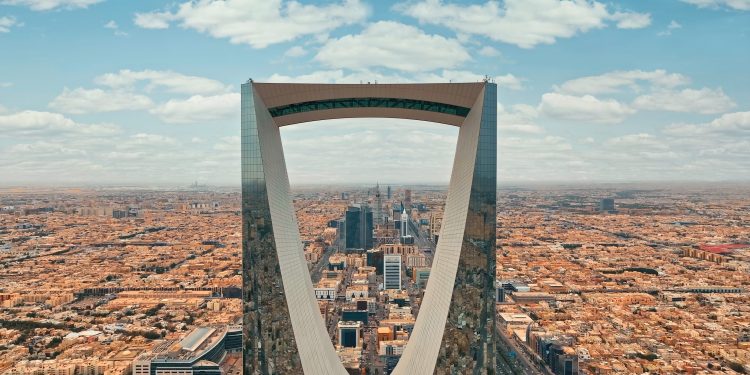By any measure, the recent Future Investment Initiative (FII) conference in Riyadh was a success. It attracted 6,000 guests from 90 countries and witnessed $17.9 billion in investment announcements.
Now, let’s take a closer look at Saudi Arabia’s progress on the global business stage, with a specific focus on the tourism sector. As Vice President of Culture at the Royal Commission for AlUla (RCU), I have witnessed the transformation of AlUla County into a leading heritage destination.
Seven years into FII and seven years away from 2030, the tourism projects initiated by Vision 2030 are reaching a new level of maturity. Hotels are opening, airports are welcoming new routes, and the number of visitors to Saudi Arabia is increasing. The transformation is particularly evident in north-west Arabia.
What is driving this transformation?
The answer is culture.
Saudi Arabia’s rich culture is being showcased through various high-profile projects, such as Diriyah Gate, the Aseer mountains, the Red Sea coast, and the living museum of AlUla.
This shift towards culture is attracting the attention of travelers worldwide. According to the UNWTO’s World Tourism Barometer, Saudi Arabia has shown remarkable results, with international arrivals up 58 percent during the first seven months of 2023 compared to pre-Covid levels. AlUla is also experiencing this trend, with projected visitor numbers expected to rise by 35 percent in 2023.
The allure of Saudi Arabia lies in its blend of ancient and modern culture. AlUla, for instance, has hosted a range of cultural events, including exhibitions of Andy Warhol’s works, facial reconstructions of historical figures, year-round festivals, and concerts by renowned artists.
The power of culture is recognized at the highest levels, with Saudi Arabia leading the cultural track within the G20 agenda and hosting the first-ever Cultural Ministerial Meeting during the Kingdom’s G20 presidency in 2020.
Culture not only drives tourism but also creates the conditions for economic and social regeneration. RCU’s announcements at FII exemplify this, with culture at the forefront and social and economic infrastructure following suit.
One significant announcement was Film AlUla’s $350-million agreement with Hollywood’s Stampede Ventures to bring 10 productions to AlUla over the next three years. This collaboration aligns with the goals of Vision 2030 to diversify the economy and foster cultural development.
To further enhance AlUla’s cultural landscape, RCU appointed Pritzker Prize-winning architect Francis Kéré to design the Oasis Agriculture Campus. This campus will become a new architectural highlight of AlUla, reflecting Kéré’s innovative use of local materials.
As AlUla grows, RCU is committed to addressing the challenges faced by the community, including increasing the supply of affordable housing. Additionally, RCU is focusing on comprehensive economic regeneration to provide upskilling, education, and employment opportunities for residents.
While not directly related to the culture sector, many of RCU’s announcements at FII aim to ensure that AlUla’s culture-driven regeneration is inclusive and creates jobs. Digital transformation, plans for new housing units, and the expansion of AlUla’s airport are among the initiatives that contribute to the sustainable growth of AlUla’s community.
By knitting culture and tourism together, Saudi Arabia is well on its way to achieving the goal of tripling tourism’s share of the economy to 10 percent by 2030.


